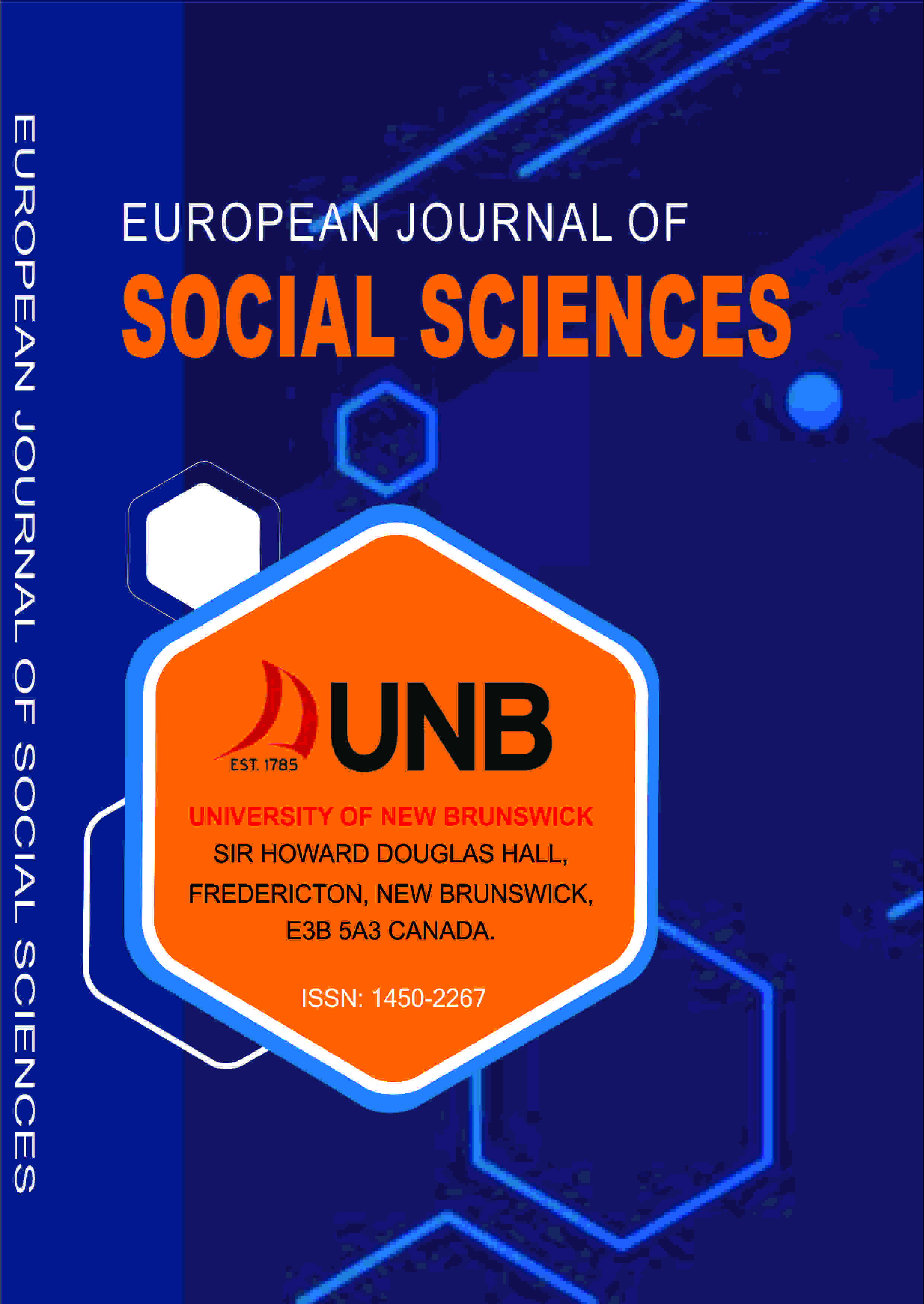EUROPEAN JOURNAL OF SOCIAL SCIENCES (EJSS)
Grieve Little BRUH: Exploring Traumatic Grief with African American/Black Boys Utilizing BRUH Approach Therapy and Narrative-Art Based Therapy
E-ISSN: 4899-5667
P-ISSN: 1450-2267
DOI: https://iigdpublishers.com/article/774
This article explores an emerging honoring-based practice approach called Bonding, Recognition, Understanding, and Healing (BRuH) therapy, combined with narrative art-based play therapy to address traumatic experiences in Black boys. Case studyqualitative design is used to explore the overall experiences of (N=6) participants and the value of Bruh Approach Therapy (BAT) and Narrative Art-Based Play Therapy in addressing traumatic grief among African American boys.The BRuH model for Black boys has been adapted whereby merging play therapy and narrative art to establish a secure and supportive environment conducive to healing, fostering bonding, facilitating emotional recognition, promoting understanding of trauma, and enhancing overall well-being. The intervention utilized draws on trauma-focused cognitive-behavioral therapy, play therapy, and narrative art-based therapy. By integrating these approaches, the BRuH model aims to address the unique needs of African American/Black boys in an antiracist and anti-oppressive therapeutic and culturally responsive way. The results from the study included (1) increased trust and emotional rapport; (2) improved emotional vocabulary and creative expression; (3) enhanced insight into personal trauma narratives; (4) reduced symptoms of trauma-related distress; and (5) enhanced psychological functioning and resilience.
Allen Eugene Lipscomb, PsyD, LCSW
Baker, M. A., & Mott, D. S. (2016). The influence of parental incarceration on the grief process of African American male adolescents. Journal of Offender Rehabilitation, 55(4), 234 252.
Beck, A. T. (1976). Cognitive therapy and the emotional disorders. International Universities Press.
Bowlby, J. (1982). Attachment and loss: Vol. 1. Attachment (2nd ed.). Basic Books.
Boyd-Franklin, N. (2003). Black families in therapy: Understanding the African American experience. Guilford Press.
Brave Heart, M. Y. H. (1998). The return to the sacred path: Healing from historical trauma and historical unresolved grief among the Lakota. Smith College Studies in Social Work, 68(3), 287-305. https://doi.org/10.1080/00377319809517532.
